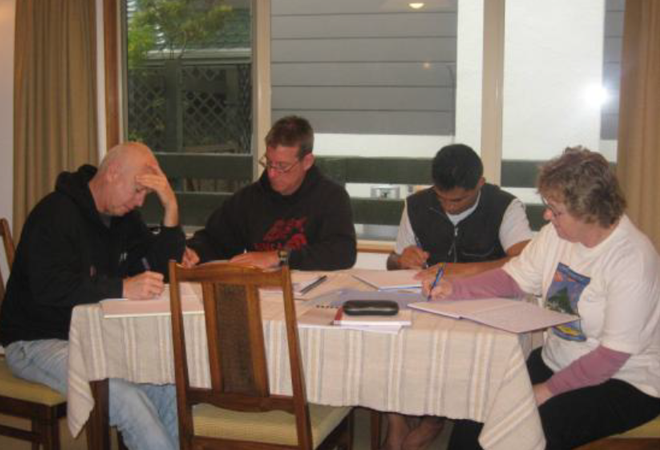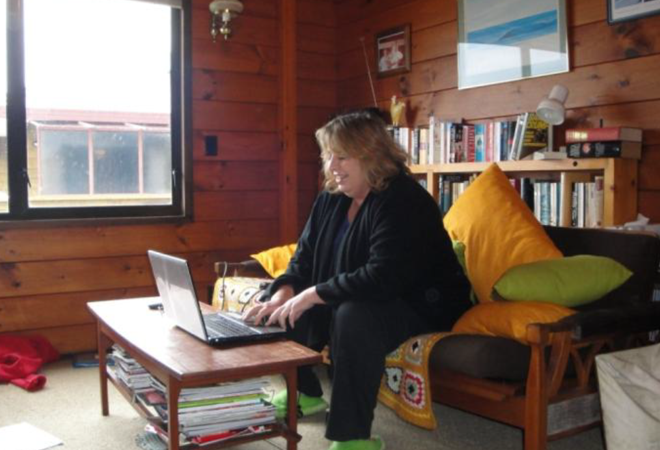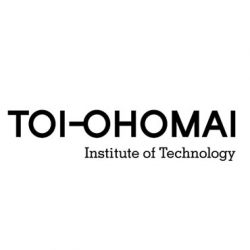

Writing retreats to improve skills and success in higher qualifications and publishing
Status
Completed: 1 December 2012
Project Details
A project completed in 2012, undertaken by Bay of Plenty Polytechnic, to investigate how residential writing retreats can be used to support academic staff to improve their academic writing skills and write up a project for publication.
Aims:
The main aims of the project were to:
- develop a research culture and extend research capability of staff
- foster tertiary teaching staff’s motivation, confidence and skill set to write at an academic level through an off-campus, residential writers’ retreat.
Methodology:
The project methodology involved:
- a review of the literature on writing retreats
- an anonymous feedback questionnaire using open-ended questions about participants’ goals, expectations, experiences, and achievements.
- asking participants about what helped or hindered progress on their writing projects, about any personal factors that impacted their writing, and about the environment, the facilitator, and the workshops
- conducting extended interviews with a number of volunteers including questions about how their research activities had contributed to their teaching and to student outcomes.
Team

Heather Hamerton
Project Leader
Bay of Plenty Polytechnic (now Toi Ohomai Institute of Technology)
Cath Fraser
Toi Ohomai Institute of TechnologyStatus
Funding
$4,500.00 (excl GST)
Key Findings
The key findings from the project included:
- To date, all our writers’ retreat participants have expressed a sense of satisfaction and progress, with many noting an enhanced confidence in writing skills and an appreciation of what productive habits in research, writing, and critical reflection actually look like.
- Participants report that the support, encouragement, and motivation from facilitators and fellow writers have increased knowledge and skills that remain long after the week is over.
- From an institutional point of view, this cost-effective professional development initiative has contributed significantly to annual research outputs, including peer-reviewed publications by several participants who had never achieved this previously. The retreats have supported PhD candidates to advance their work and demonstrated the way in which a thesis can generate a number of linked articles and establish the framework for a career in academia.
- The feedback from participants about how their research and writing experiences have strengthened their classroom teaching and confidence has been exciting. While the focus of the retreats was originally on providing professional development for novice writers, we believe there is good justification for making improved teaching and learning skills an explicit focus for future retreats. The process of evaluating this staff development initiative has, therefore, been extremely useful in highlighting this natural evolution for our practice.
Key Recommendations
The key recommendations are the following principles for practice identified from the research:
Creating time and space | Creating time and space away from work and home is an essential ingredient for success. Participants have valued the sense of freedom and focus engendered by a physical distance from their office space and busy home lives. They also thought that being able to focus on writing for extended periods of time was important.
Structure and flexibility | The retreat programme needs to provide both structure and flexibility. In collaboration with participants, we negotiate a timetable that includes plenty of writing time together with shared workshops on writing topics, individual feedback sessions, and peer review.
Skilled facilitation | Skilled facilitation ensures smooth running of the retreat and support and mentoring for participants. The key is to have the appropriate person to fix the dynamic of the retreat and ensure that all participants have the maximum opportunity to progress their writing.
Sense of community | Participating in both structured writing tasks and communal activities, such as shared cooking, promotes a sense of community among participants. Participants are united by a common interest, rather than prescribed roles.
Collegial relationships | Including participants from a broad range of disciplines and institutional roles fosters learning and improves feedback. It can be difficult to build collegial relationships across faculties, campuses, and administrative, academic and managerial roles. Common to many professional development initiatives workshops, seminars and study tutorials participants value the opportunity to learn from one another and share responses and solutions from different fields of expertise.
Opportunity to develop writing skills and confidence | Writers retreats provide a useful opportunity for novice writers to develop both their writing skills and confidence in their ability to write. Participants in our retreats told us that they valued being able to address issues as they arose.
Clear objectives | It is important that participants establish clear objectives for themselves beforehand and come to the retreat prepared to write. It is important that preparation such as data collection and literature searches have been conducted prior to the retreat so that the five days are allocated to writing, rather than concept development or project organisation.
A Good Practice Publication prepared by Heather Hamerton and Cath Fraser.
(PDF, 540 KB, 11-pages).
- 1 December 2012